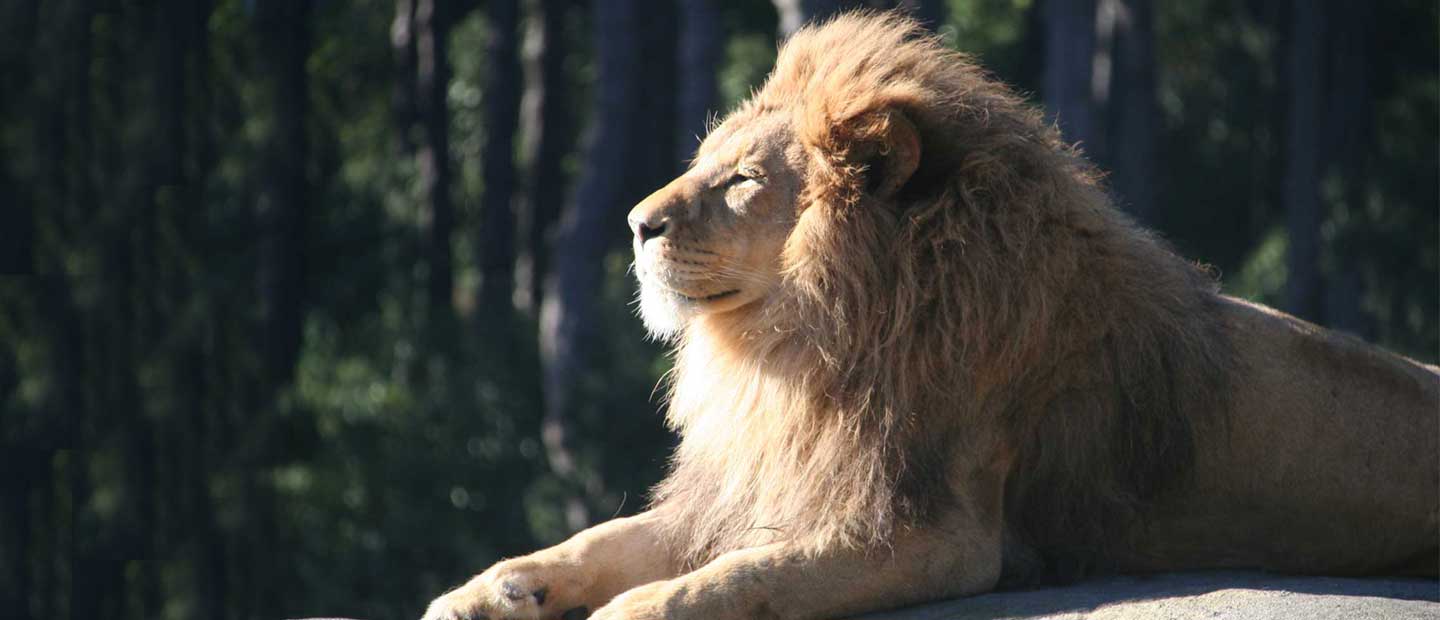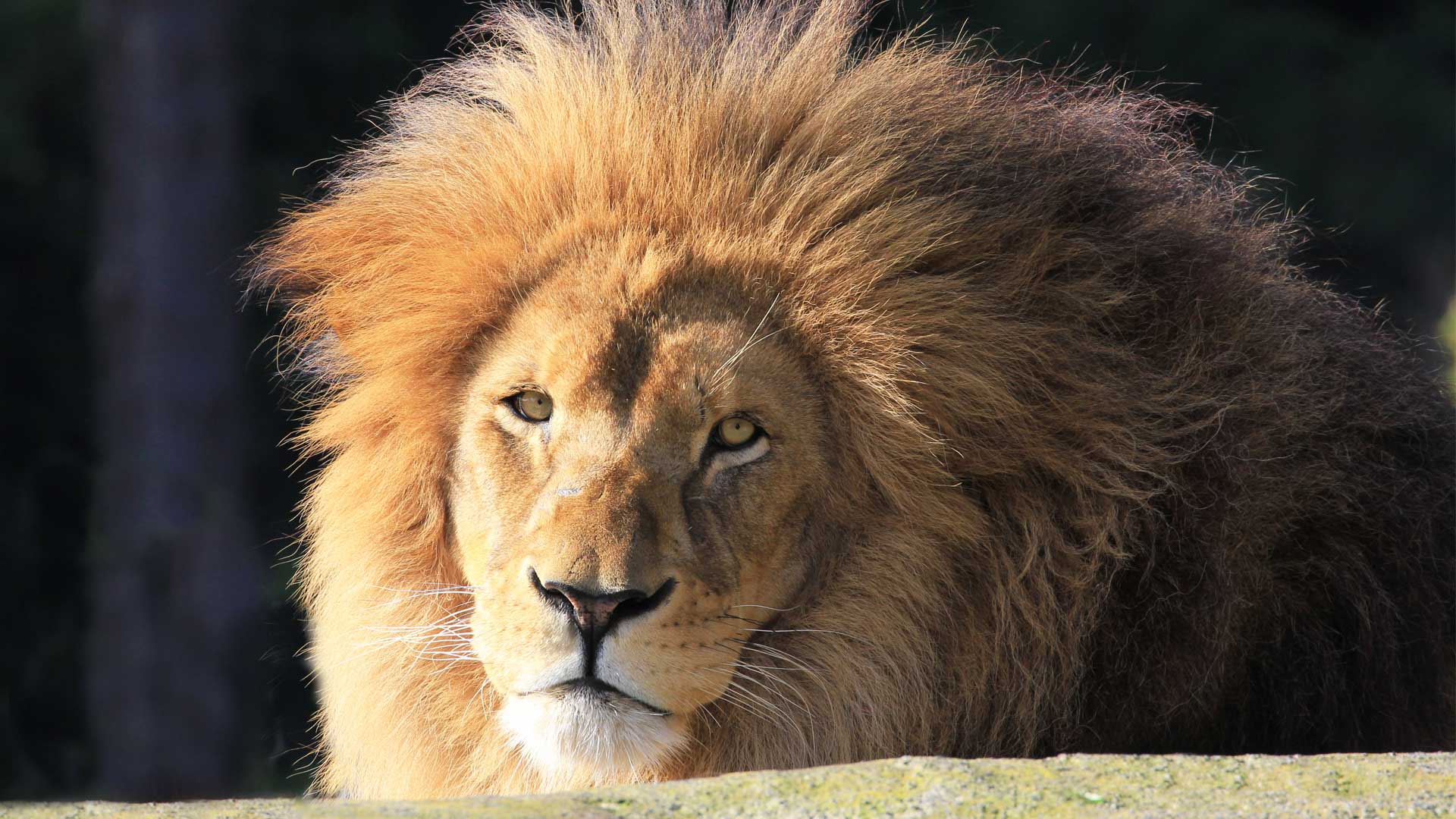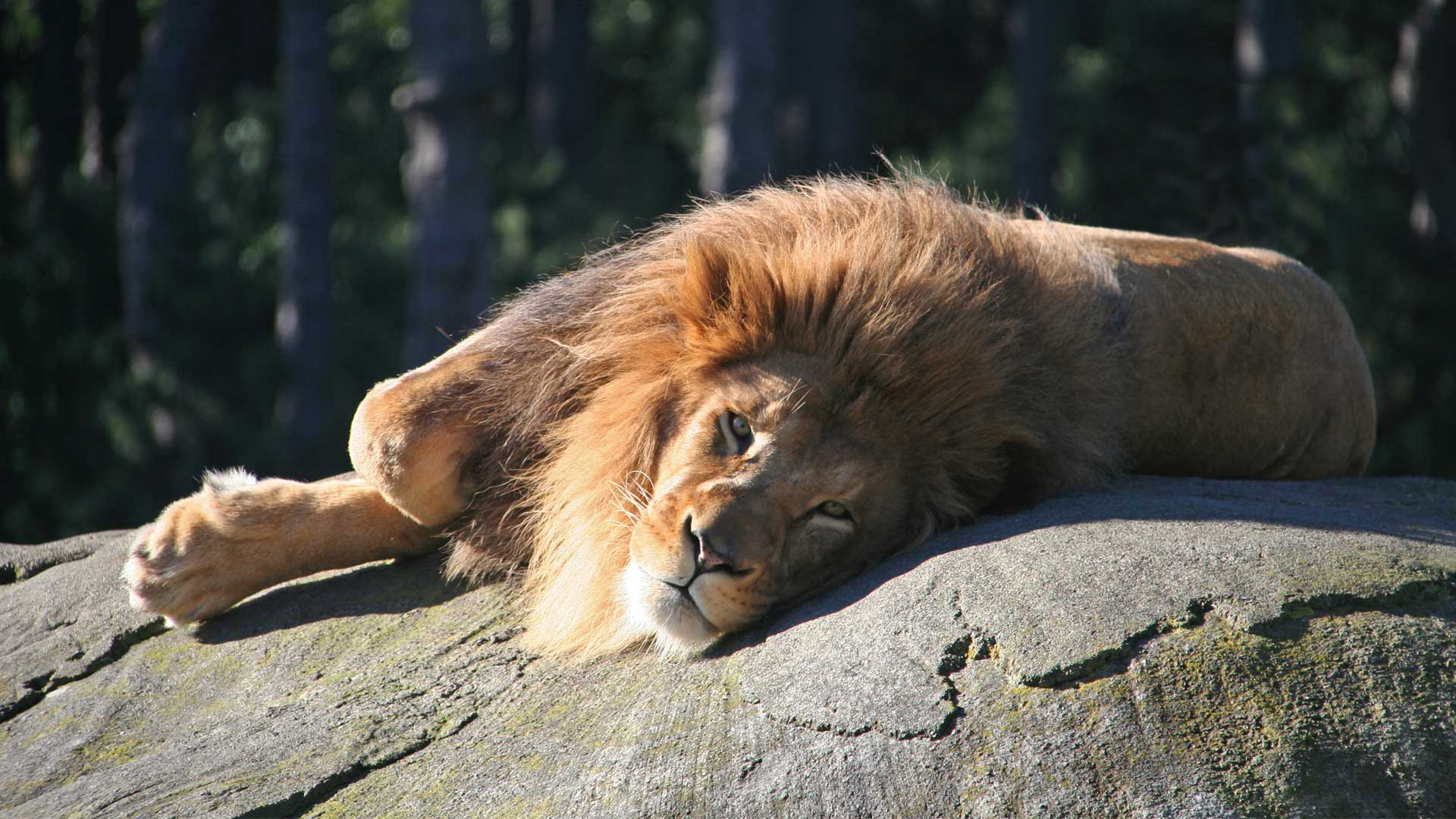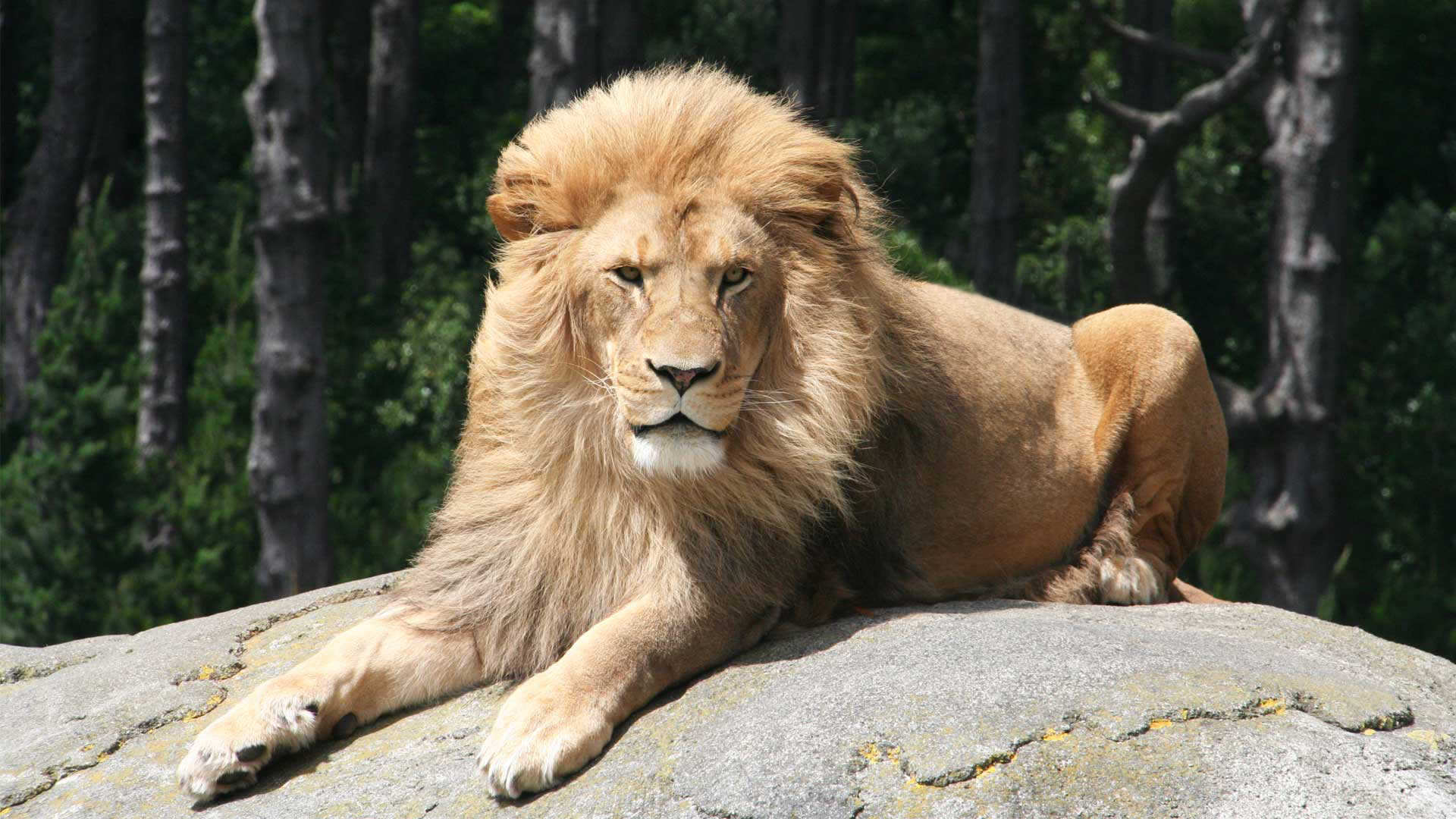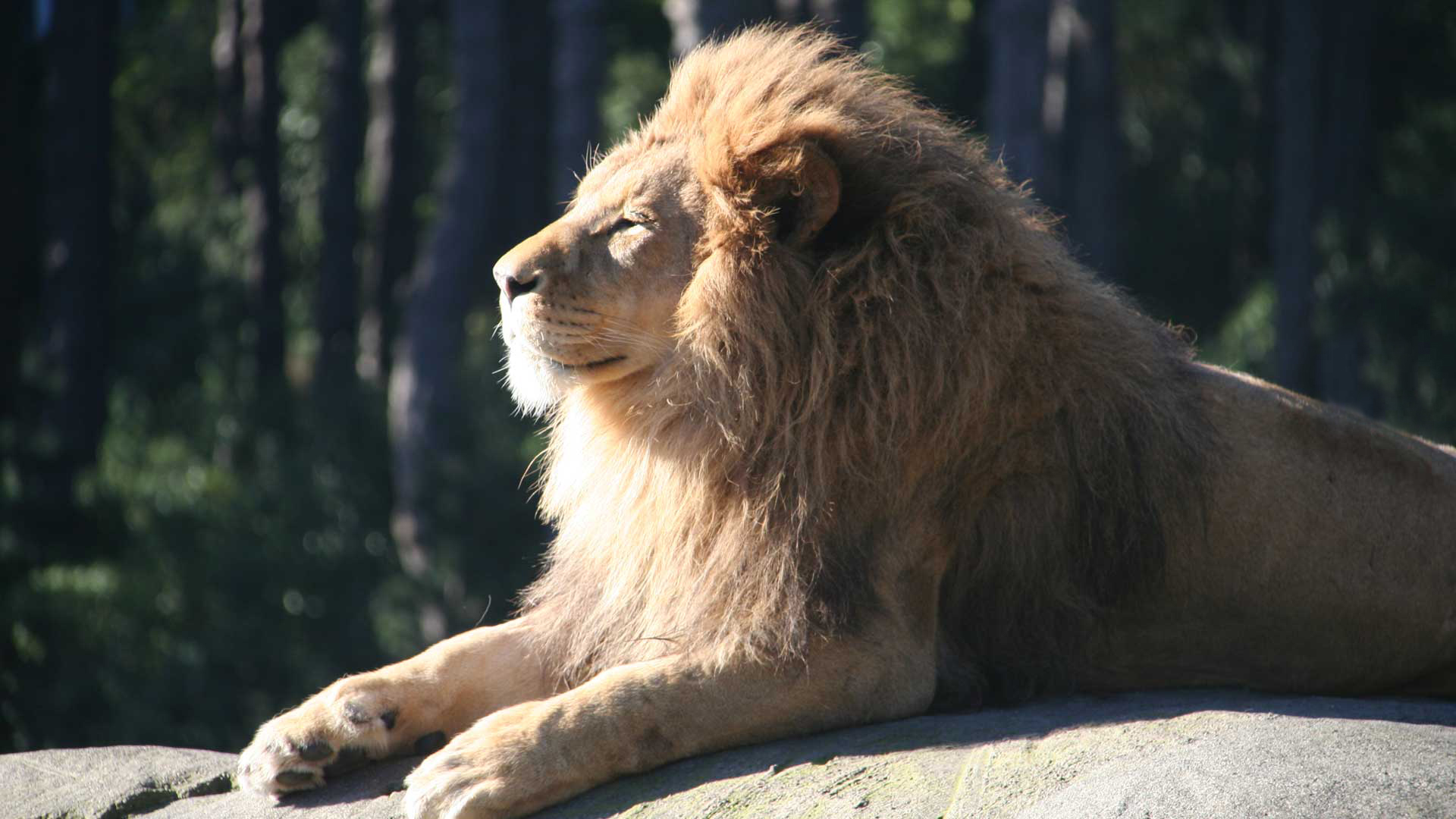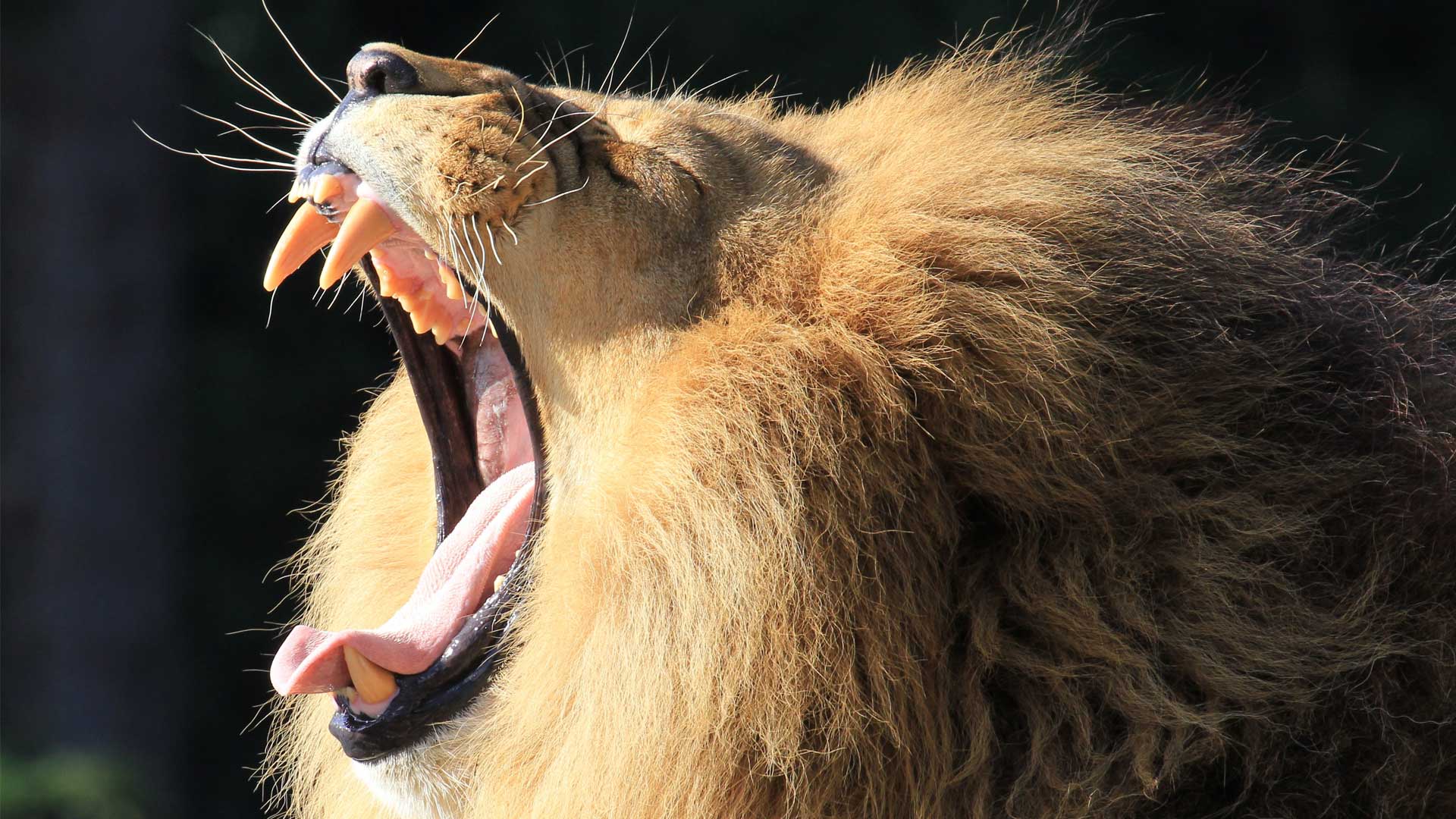Auckland Zoo has welcomed male lions Malik and Zulu from Wellington Zoo to its Africa precinct today, a home-coming of sorts following their births at the Zoo 14 years ago.
In June, Auckland Zoo made the tough but kindest call to euthanase its remaining lions, elderly females Kura and Amira, the respective mothers of Malik and Zulu. Now Wellington Zoo, also home to female lions, is enabling the half-brothers to stay at Auckland Zoo for a period while it is without a pride.


